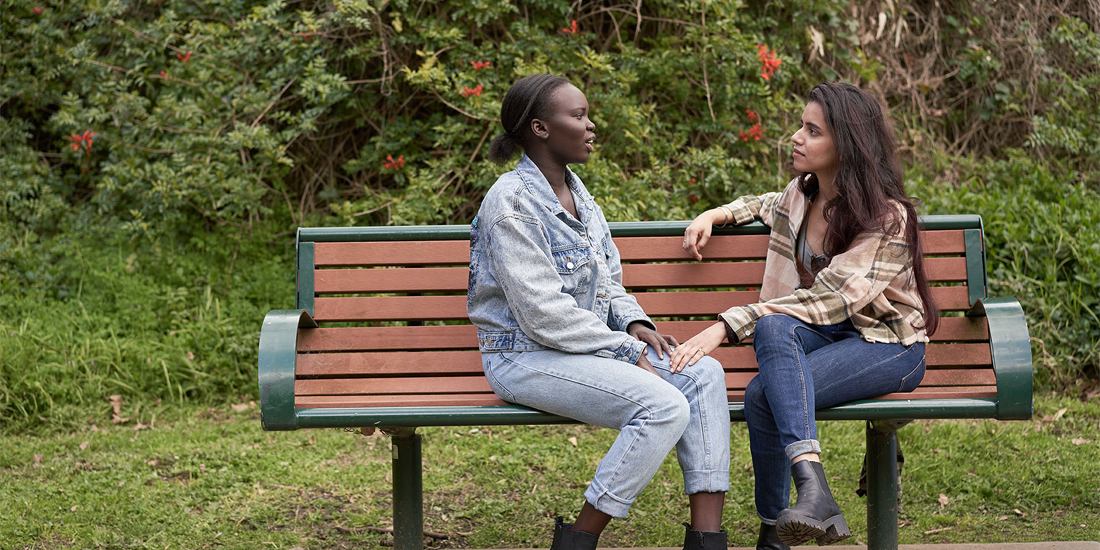Young people and families

If you have been directly affected by bushfires it’s normal to feel stressed, sad, worried and a range of other emotions. Reachout has useful information on how to manage on their website. For tips for coping following a natural disaster, see the headspace website.
Despite not being directly impacted by the bushfires occurring across various parts of Australia, it’s possible that they are affecting your mental health.
With constant news and social media highlighting devastation to individuals, communities and wildlife, you may be experiencing vicarious trauma or traumatic stress. It’s normal to feel helpless, sad, anxious, and uncertain about what the future may hold.
If you would like support, visiting your GP or a headspace service is a great place to start.
If you’re looking for someone to chat to now, Lifeline (13 11 14) and Kids Helpline (1800 55 1800) are available to talk 24/7.
For further information on the bushfire response visit the National Bushfire Recovery Agency website.
For mental health resources please see the links below.
For support
For tips for coping following a natural disaster, see the headspace website.
Reachout also has useful information on how to deal with the stress of bushfires on their website.
ACCESS TO FREE Counselling IN BUSHFIRE AFFECTED AREAS
You can access free counselling sessions by visiting your nearest recovery centre, evacuation centre, Mobile Services Centre and mental health services commissioned by Primary Health Networks. You can view these on the Primary Health Networks website.
Contact Services Australia on 180 22 66 to either speak with a social worker or find out how to locate and access support in your community
Additional mental health support for individuals, families and emergency services workers affected by the bushfires can be found on the Human Services website, which is updated regularly.
taking care of others
It’s important to pay attention to signs that someone may be struggling, and reach out if you are able.
If you’ve noticed that someone may be low in energy or fatigued; having trouble sleeping; unable to concentrate or remember things; is experiencing pain such as headaches or stomach aches; not hungry or eating more than usual, you may want to ask if they are okay.
If they require support, recommend they see their GP or psychologist, or call Lifeline (13 11 14).
your physical health matters too
Air quality across Australia has been impacted by bushfires. There are various state-based agencies that monitor air quality. We encourage you to check the air quality in your area and consider your needs.
Workplaces must have measures in place to protect worker health and safety and manage risks. See more on the Safe Work Australia website.